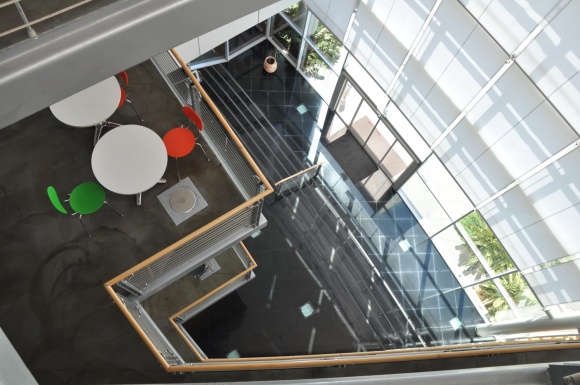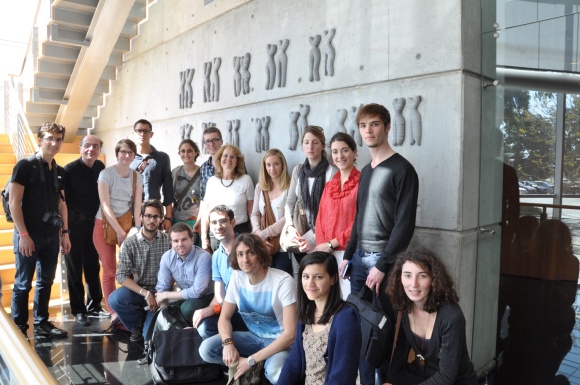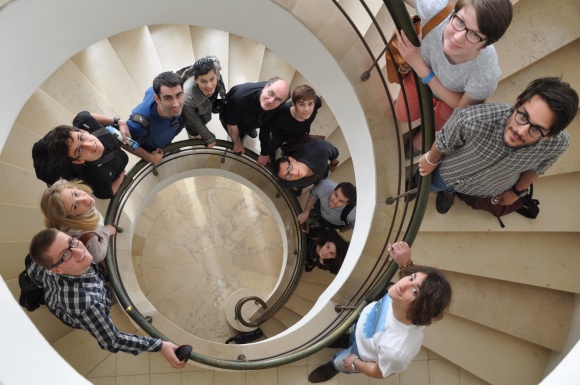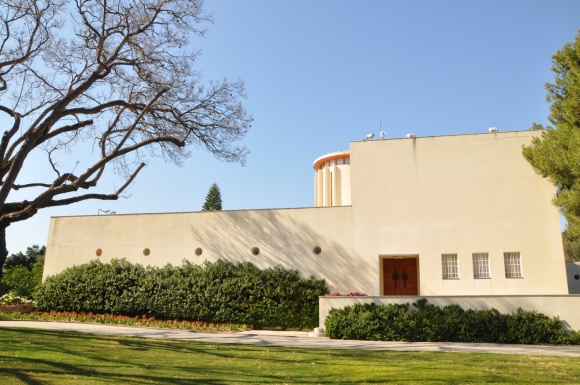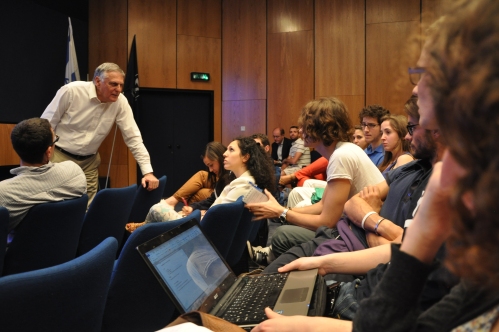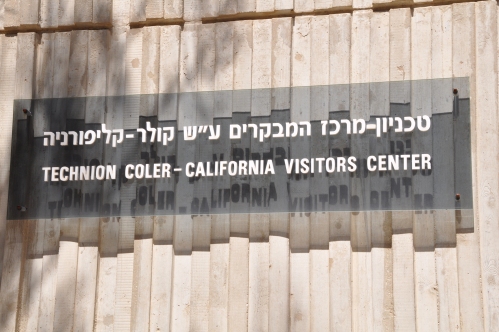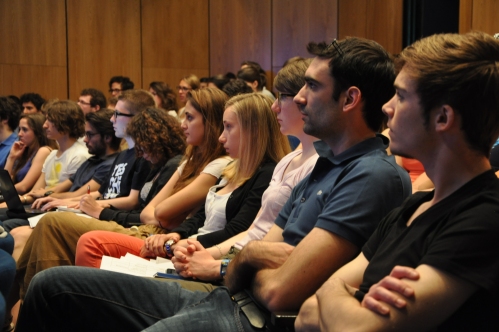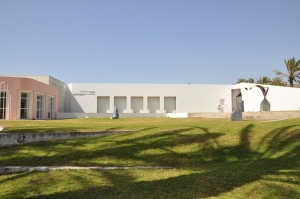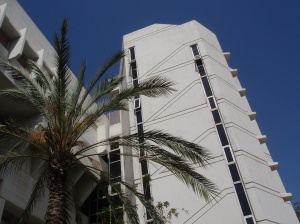Scientific research in Israel: specific effort for the commercialization of scientific inventions
J-3. It was after meeting with entrepreneurs in the incubator in Nazareth NGT and tasted the food through the famous Israeli hummus that we visited the Weizmann Institute.
Weizmann is its founder’s name. Who is Mr Weizmann, the founder of the university? Mr. Weizmann was the first president of Israel. He promoted many innovations by giving a vision and taking actions. He is considered one of the founders of biotechnology.
The essential role of basic research to innovation
Located not far from Tel Aviv at Rehovot, the university dedicated to research is famous worldwide. To begin our visit, we had to go through the huge campus that is quite similar to US counterparts. In the most recent building, the Koffler accelerator, we realized that here science is a main concern. In the center of cancer research and genetics, we met Dr. Daniela Novick.
Then the heart of the building is a dream laboratory: freshly cleaned glassware, experiments in progress, ovens everywhere. In this atmosphere, Dr. Novick told us about her research. We learned how this brilliant scientist has fostered both fundamental and applied science. Compared to other institutes in the world, this is the major distinction of the Weizmann Institute, the emphasis is primarily focused on basic research, scientists are free to explore areas of interest. This is the curiosity of researchers that led to major discoveries in science. These results led to applications for the general public that were not expected. Without basic research inventions like the microwave or pace makers could not have been launched.
Science is an integral part of the Israel common thinking and is highly valued. Scientists are very well known and well perceived in society. The Weizmann Institute seeks to get still closer contact between scientists and the general public. This initiative is a good example: on March 30th, 2012, scientists will explain in many cafes in Tel Aviv their science projects to Israeli citizens.
The ability to commercialize scientific discoveries
The discoveries, resulst of basic research, are subsequently commercialized. In this field, the Technology Transfer Office plays an important role. Composed mainly of lawyers, they assist scientists in protecting their inventions and license sales.
The mindset of innovators in Israel
When asked about particular Israeli behavior that are conducive to the emergence of innovations, his answer is simple:
- Improvising always-Never be paralyzed by the rules, invent alternatives
- Stay focus of research is paramount, we must not turn away from the main purpose
- Invest heart and soul – the experiments are not waiting, work on weekends is sometimes required
A little paradise
All the scientist can live in theur own villa on the center. The place is very nice: gardens, modern buildings, labs, museums, etc. We also visited the house of Mr Weizmann, founder of the institute, built in the ’30. A very modern building, full of souvenirs, in a beautiful garden.

